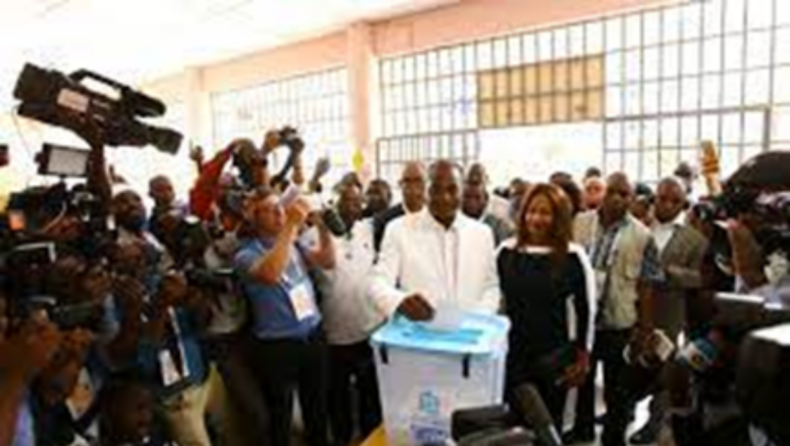Angola is Africa’s second-largest oil producer and one of its largest economies is all set to have a poll on Wednesday and the economy remains the key issue.
The two main candidates for elections are president João Lourenço of the governing MPLA, he made corruption reforms which have been his priority since taking the office in 2017. O the other side is Adalberto Costa Júnior of the opposition the national union for the total independence of Angola (UNITA).
After its independence from Portugal in 1975, Angola is all set for its closest election.
MPLA has ruled Angola since its independence and an afro barometer poll suggested that it has a lead of 7 percent over UNITA. On top of this analysts suggest the win of MPLA despite of growing support for the opposition.

Why is the economy on the table?
Being the second largest oil producer after Nigeria according to OPEC and one of Africa’s largest economies. According to Kimberley process data ranks, it is the world’s seventh-biggest producer of rough diamonds.
Lourenço himself initiated anti-corruption probes against the previous MPLA administration.
Angola has been dominated by state-owned companies and has embarked upon ambitious privatization programs but the development of this has been slow.
Though inflation in the nation is falling but is still more than 20 percent, furthermore, Angola’s GDP increased by 0.7 percent owing to the five years of recession.
World bank expects growth of 2.7 percent for this year. Its Eurobonds currently yield above 10 percent, as trade web data shows, this level is at which a country is often locked out from issuing new dept.
Not only this, but the country’s debt burden also touched the record high of 131 percent of GDP in 2020 and then fell to 75 percent last year, eased by higher oil prices.
Lourenço and Costa Júnior have come up with similar proposals for diversifying the economy and encouraging investment in sectors such as fishers, renewable energy, and tourism.
UNITA presidential candidate Costa Junior told Reuters on Sunday he would continue to push for the implementation of an agreement between his party, the MPLA, and others to maintain economic stability regardless of which party took power.













